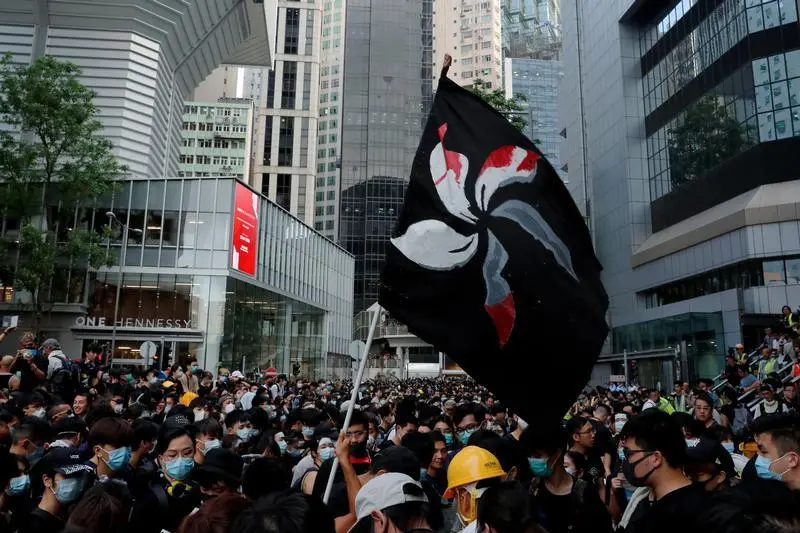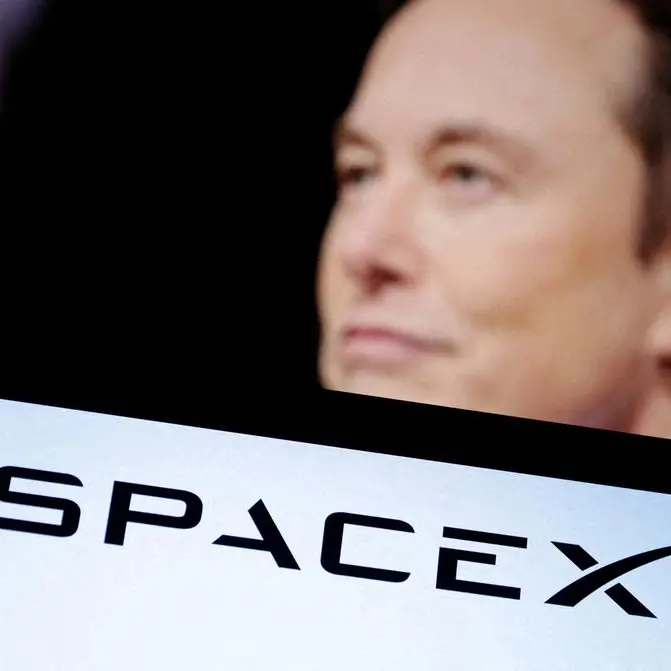PHOTO
HONG KONG - Corporate activism tastes different in China. Soft drink Pocari Sweat is caught in a firestorm after it pulled television ads in apparent support of Hong Kong protests. Such statements can pay off for brands that have political influence, or stand to win more friends than enemies. With Beijing involved, neither is usually the case.
Pocari, a sports drink owned by Otsuka Holdings, earned brownie points from protesters by ending a partnership with TVB when the channel was accused of a pro-Beijing bias - a charge the outlet denies. Little known outside Asia, the tangy drink is now a regular fixture at sweltering summer marches.
But the campaign has fallen flat. Such strategies are polarising; Pocari won fans in Hong Kong, but after a backlash from Chinese state media, the brand distanced itself from the earlier statements.
Companies globally are becoming bolder in taking principled stands. Take Nike - the shoemaker supported U.S. footballer Colin Kaepernick’s fight against racism, making him the face of a marketing campaign last year. Media giants Netflix , Disney and WarnerMedia have threatened to stop working in the state of Georgia if strict abortion rules go ahead.
But the conditions where this can work are pretty specific. In Nike’s case, courting controversy was a way to charm consumers: a Reuters survey showed it sold 61% more merchandise in the ten days after it released the ads, compared with the ten days prior. In the United States, large companies with big investment budgets can actually hope to influence policy outcomes.
The maths is more difficult where China is concerned. Brands don’t want to alienate the huge market, or anger a government that isn’t afraid to meddle in business. Even Nike has opted to avoid any controversy. Earlier this year it abruptly abandoned plans to sell a limited-edition design in China – where it earned 14% of revenue last year - after its collaborator showed support for the Hong Kong protesters on social media.
This might also explain why Hong Kong’s biggest conglomerates such as CK Hutchison and Swire Pacific have had little to say on the subject of the city’s political turbulence. That could change if their earnings and share prices start to suffer. Even then, Hong Kong may end up proving the limits of companies’ taste for political engagement.
CONTEXT NEWS
- Soft-drinks brand Pocari Sweat withdrew its television advertisements from Hong Kong’s Television Broadcasts Limited (TVB) channel, the company said in a statement on July 9, amid a series of protests taking place across the city.
- Pocari, which is owned by Japan’s Otsuka Holdings, also urged the channel to respond to “public concerns”. TVB had faced social-media attacks alleging a pro-Beijing bias in its coverage of the protest movement in Hong Kong.
- TVB called the decision “deeply regrettable” in a post published July 11. The company also said that it strove to maintain professionalism and objectivity in its news coverage.
- Protests have taken place across Hong Kong, including in public spaces and shopping malls, triggered by a proposed extradition bill that could see people from the territory sent to China for trial.
(Editing by John Foley and Sharon Lam)
© Reuters News 2019





















